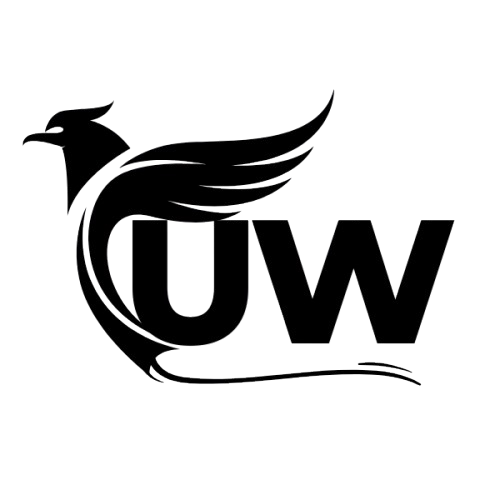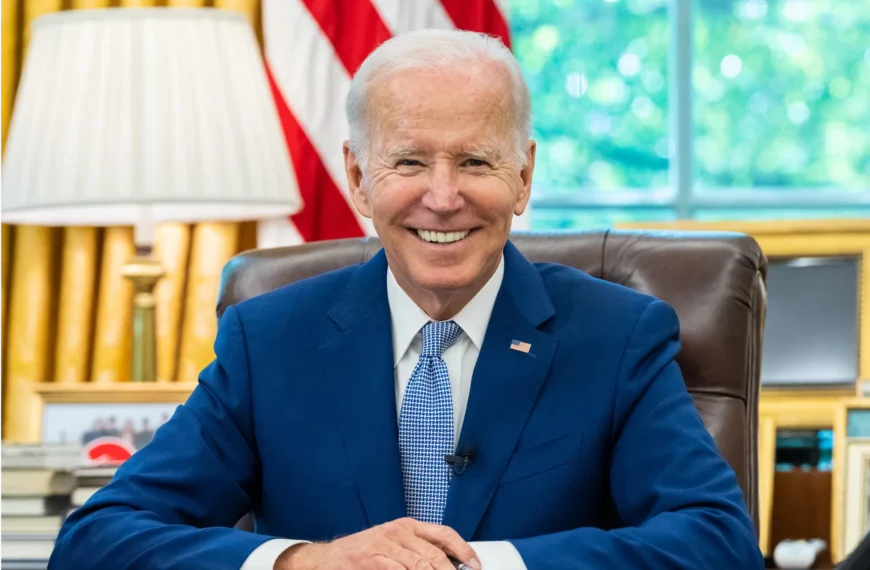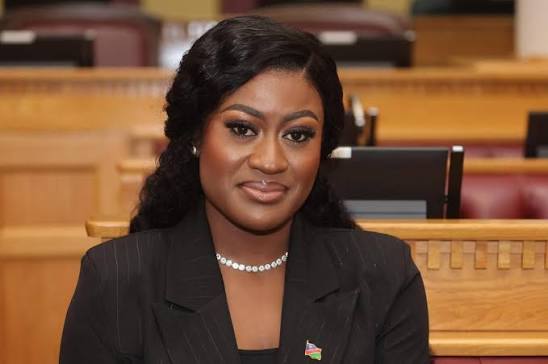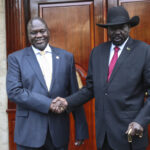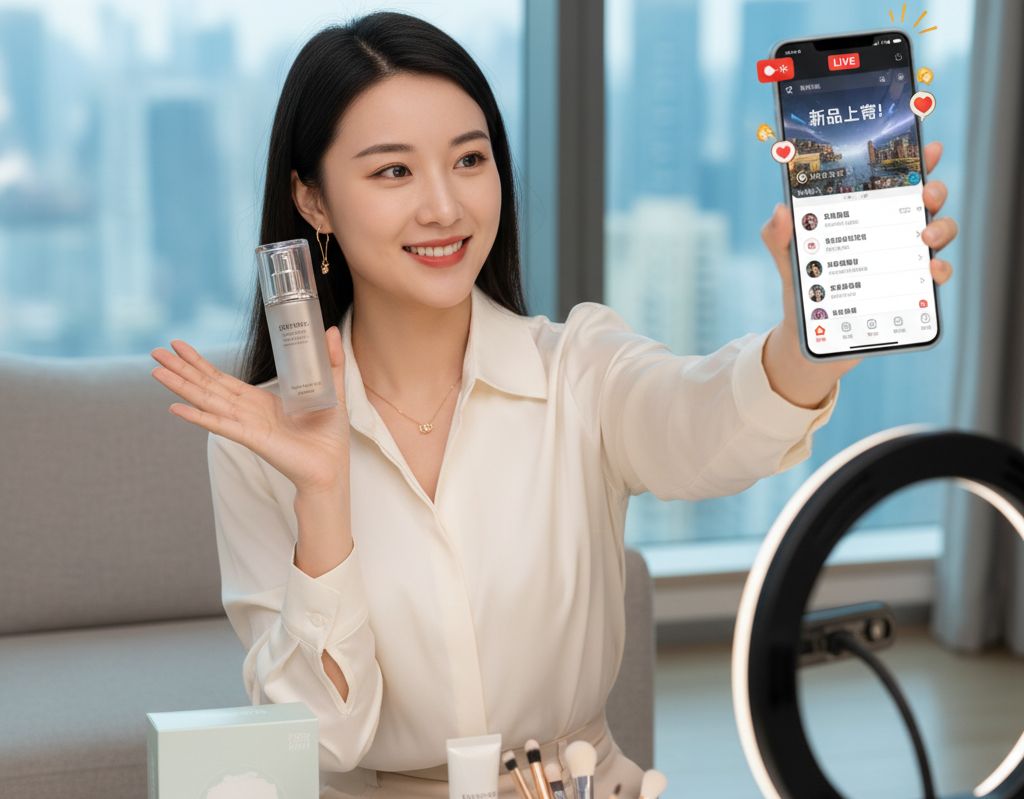
China has rolled out a new law that demands social media influencers to possess official qualifications before they can discuss professional or sensitive topics such as health, law, education, and finance. The regulation officially took effect on October 25 and is part of the government’s broader effort to strengthen online information management.
The Cyberspace Administration of China (CAC) said the main goal of this law is to combat misinformation and protect the public from false or misleading advice. Influencers who wish to share content in specialized areas are now required to show proof of expertise, such as a degree, license, or professional certificate.
Popular platforms like Douyin (China’s version of TikTok), Bilibili, and Weibo must verify influencers’ qualifications and ensure that posts include accurate references and disclaimers. Content creators are also expected to clarify when their information is based on research findings or when AI tools are used to generate material.
In addition, the CAC has prohibited advertisements for medical products, health supplements, and similar goods in influencer videos, to prevent disguised marketing from being presented as educational content.
While supporters believe the regulation will promote factual and trustworthy information online, critics fear it may restrict creativity and limit freedom of speech. They argue that tightening control over who can speak about specific subjects could silence independent voices and discourage open discussion.
Nevertheless, the new law highlights China’s determination to make social media a more controlled and reliable space for sharing professional knowledge and public information.

